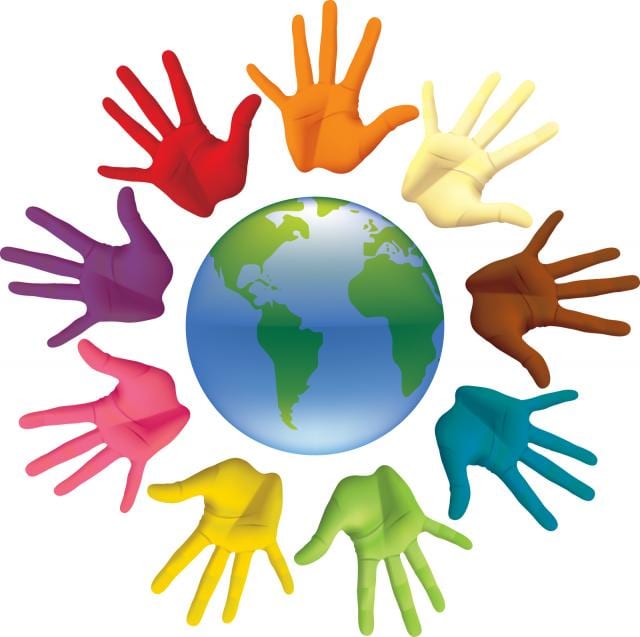
Acceptance is allowing someone to become part of a group or community and making them feel welcome.
Diversity is the understanding that each person is unique, and recognizing our individual differences. These differences might include: ethnicity, gender, sexual orientation, socio-economic status, age, physical abilities, religious beliefs, political beliefs, or other ideologies.
Assembly Read Aloud: Perfectly Norman by Tom Percival
More books related to the theme of ACCEPTANCE:

Sing a few catchy songs about ACCEPTANCE:
- Harry Kindergarten-Acceptance
- Kindness Song in Sign Language
- Friend Song
- Jack Johnson We Are Gonna Be Friends
- Mr. Stanley: Tolerance
- Everyone is Different song
It’s certainly easier to make assumptions about people than it is to spend time getting to know someone. SoulPancake wanted to put assumptions to the test to see what we’re missing out on because we’re so busy assuming we already “know” a person. Watch the video below and discover why you should never judge a book.
Listen to a few a YouTube books about ACCEPTANCE!
How Full is Your Bucket
Octicorn
Whoever You Are
A Rainbow of Friends
The Big Orange Splot
The Sneetches Video
Same Same But Different
It’s Okay to be Different





